简体中文
繁體中文
English
Pусский
日本語
ภาษาไทย
Tiếng Việt
Bahasa Indonesia
Español
हिन्दी
Filippiiniläinen
Français
Deutsch
Português
Türkçe
한국어
العربية
Philippines Strengthens Fight Against Scams & Deepfakes
Abstract:Philippines combats scams and deepfakes with new task force, using the eGovPH app for reporting fraud and ensuring election integrity.
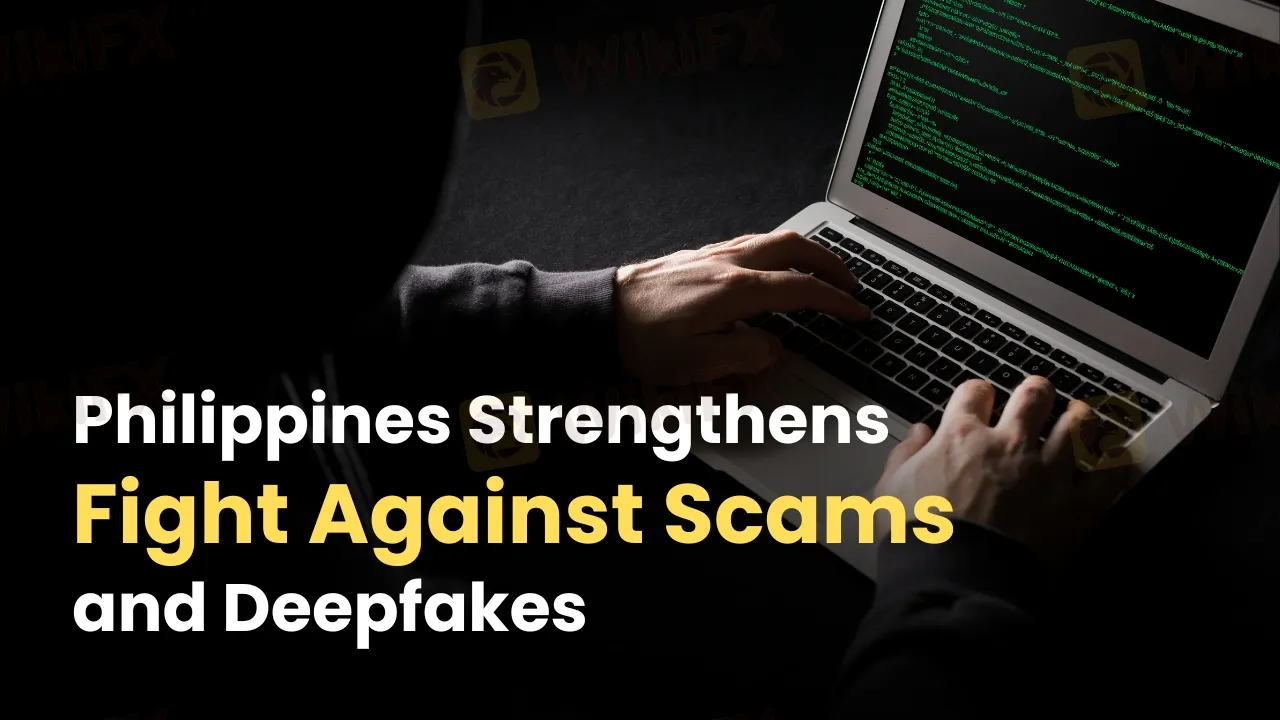
The Cybercrime Investigation and Coordinating Center (CICC) of the Philippines, joined forces with the Presidential Communications Office (PCO) on March 19, 2025, signing a groundbreaking agreement to tackle the growing menace of online scams and deepfakes. This partnership introduces the eGovPH apps e-Report feature, a game-changer for Filipinos across the Philippines, especially in the capital, to report fraudulent schemes and manipulated content plaguing what officials term “bastardized” social media.
The deal, forged in Manila, Philippines, prioritizes scam and deepfake reporting, encouraging residents to leverage the eGovPH app to flag suspicious online activity. It also designates Hotline 1326 as the Philippines‘ national anti-scam lifeline, linking citizens with authorities like the Trade Department and the Commission on Elections to investigate dubious links. The initiative doesn’t stop there—its rallying schools, institutions, and fact-checkers nationwide, with a strong foothold in Manila, to educate the public about scams, deepfakes, and disinformation. The app will also serve as a trusted source for government updates, keeping Filipinos informed.
Alexander Ramos, CICC‘s executive director, emphasized the stakes from his Manila office: “We’re empowering communities in the Philippines to protect our elections and counter false narratives.” A star player in this effort is a P2 million deepfake detection tool, acquired from Ensign Info Security at a Singapore expo. Capable of spotting fakes in 30 seconds, its already backed by 500 licenses, with Ramos pushing for more. “Manila and beyond deserve access to this tech,” he insisted.
The agreement also spawns a National Deepfake Task Force, led by the PCO from Manila, Philippines, with support from the CICC, the Information and Communications Technology Department, and the National Bureau of Investigation. This powerhouse team aims to fortify the Philippines‘ digital defenses, starting in the capital. For Manila’s residents and Filipinos nationwide, it‘s a rallying cry—grab the eGovPH app, dial Hotline 1326, and take a stand against the scams and deepfakes threatening the Philippines’ online integrity.

Disclaimer:
The views in this article only represent the author's personal views, and do not constitute investment advice on this platform. This platform does not guarantee the accuracy, completeness and timeliness of the information in the article, and will not be liable for any loss caused by the use of or reliance on the information in the article.
Read more
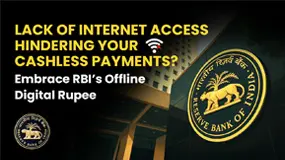
Lack of Internet Access Hindering Your Cashless Payments? Embrace RBI’s Offline Digital Rupee
The Reserve Bank of India (RBI) has introduced the Offline Digital Rupee (e₹), a groundbreaking initiative that facilitates secure real-time digital payments without mobile or Internet connectivity. It is a move aimed at deepening the country’s digital financial ecosystem. Launched at the Global Fintech Fest 2025, the move adds a significant feather to India’s continual journey toward a cashless and financially inclusive economy.
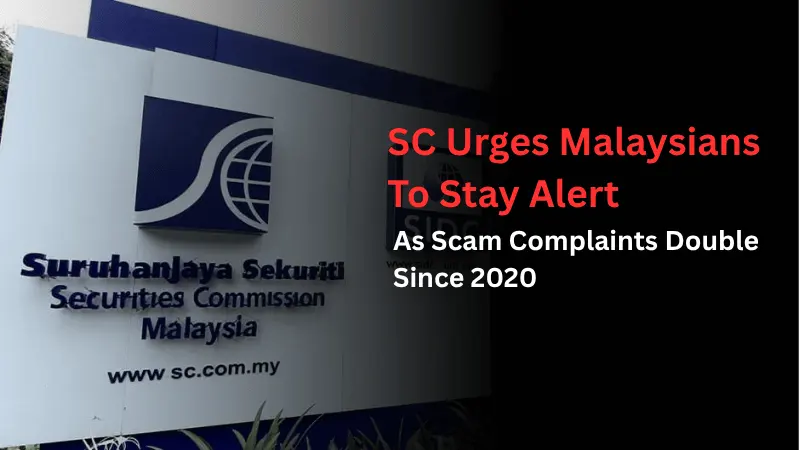
SC Urges Malaysians To Stay Alert As Scam Complaints Double Since 2020
Malaysia’s Securities Commission warns that complaints about unlicensed investment activities have doubled in five years—3,602 cases in 2024 and 2,039 in H1 2025—highlighting increasingly sophisticated scams targeting even professionals and seniors. Schemes often mimic legitimacy, then block withdrawals via “compliance” or “maintenance” excuses. The core defense is pre-investment verification and ongoing risk control.
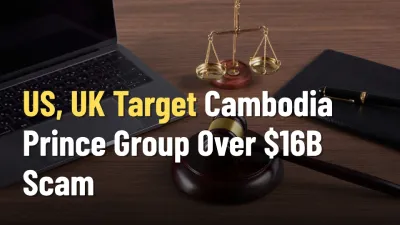
US and UK Sanction Cambodia-Based Prince Group Over $16B Scam
US and UK impose sweeping sanctions on Cambodia's Prince Group transnational criminal organization behind $16B online scams and money laundering.
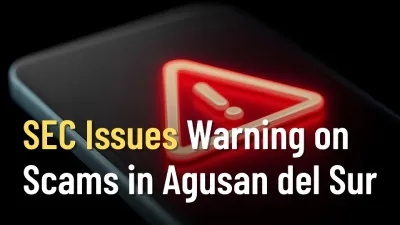
SEC Warns Public Against Bitcoin and Consumer Goods Scams in Agusan del Sur
SEC Butuan warns Filipinos about Christabel Arroyo and De Guzman Consumer Goods Trading scams offering fake bitcoin and goods investments.
WikiFX Broker
Latest News
UAE Launches Sixth 'Caution' Campaign to Combat Forex and Online Investment Fraud
US and UK Sanction Cambodia-Based Prince Group Over $16B Scam
David Stockman On How The Fed's Money Printing Broke American Industry... And What Comes Next
Forex24 Faces CySEC Fine for Late Compliance Filing
"Our Business Has Died": Texas Services Sector Sentiment Slumps Further In October
One Wrong Move Wiped Out a Government Retiree’s Lifetime Savings
OctaFX Forex Brokerage $318 million Fraud Case in India: Authorities Arrest Pavel Prozorov!
How Filipinos Can Recover Funds from Crypto Scams Abroad
Top Tips to Avoid Forex Margin Calls and Protect Your Capital
FCA Daily Alert: Checkout FCA Consumer Warning List
Currency Calculator



